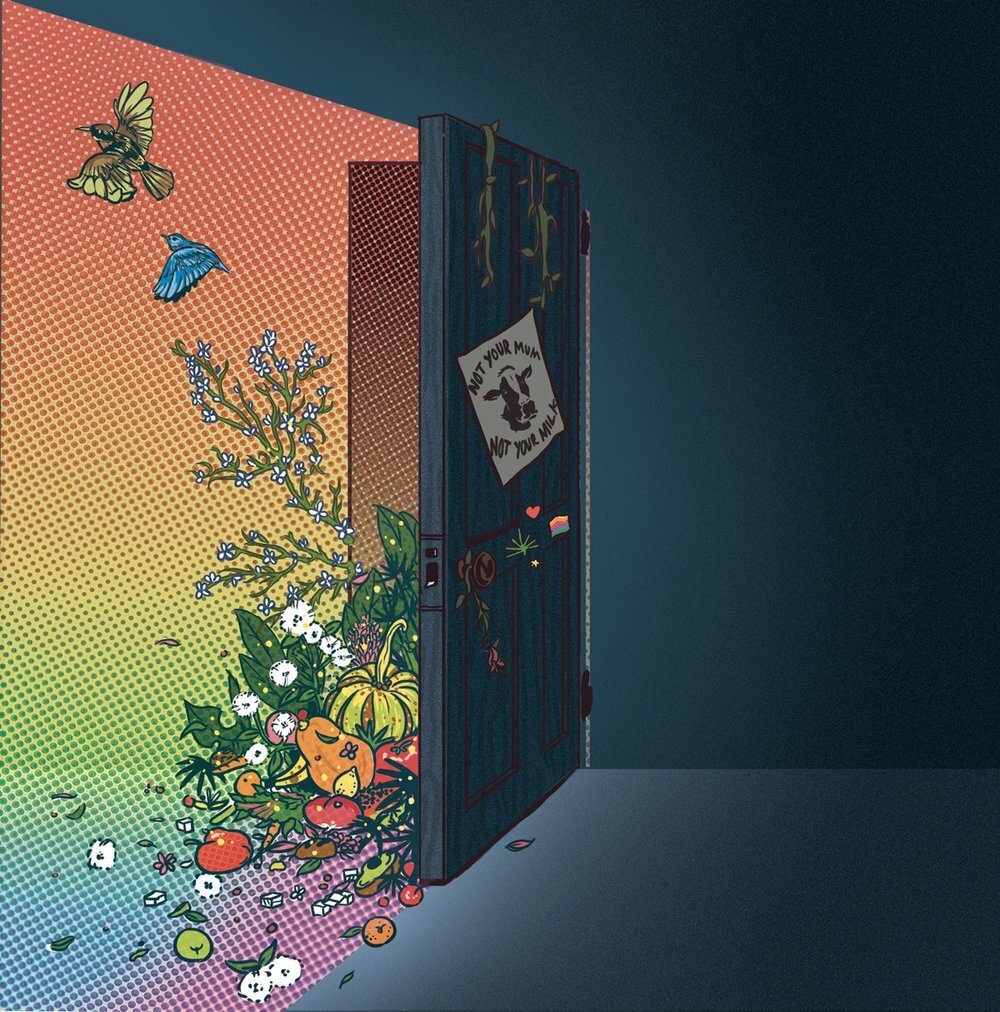I point out this because I have been studying an exquisite new ebook, Range: Why Generalists Triumph In A Specialised World, with the aid of David Epstein, which skewers what he calls “the cult of the top begin” and makes a fantastic scientific case for playing the carrying field.

Epstein’s book starts offevolved with Tiger Woods, who was using a golf ball past a stunned Bob Hope at two and shooting forty-eight for nine holes while four – acts that foretold his carrying genius. Woods’s story and others that include Serena Williams – who started playing tennis at three – have emerged as nearly how-to manuals for pushy parents: begin them young, educate them tough, and watch them leap.
Books, including Outliers by Malcolm Gladwell and Bounce by Matthew Syed, have strengthened this concept by propagating the 10,000-hour rule for success – something Gladwell describes because of the “magic quantity of greatness.” Their message is seductive and straightforward: to be triumphant, someone needs 10,000 hours of planned practice in interest, which means that it is exceptional to begin early. Yet with some exceptions, including gymnastics, where skill acquisition wishes to be developed earlier than adulthood, and chess, in which growing early sample reputation is essential, the science no longer backs that up.
